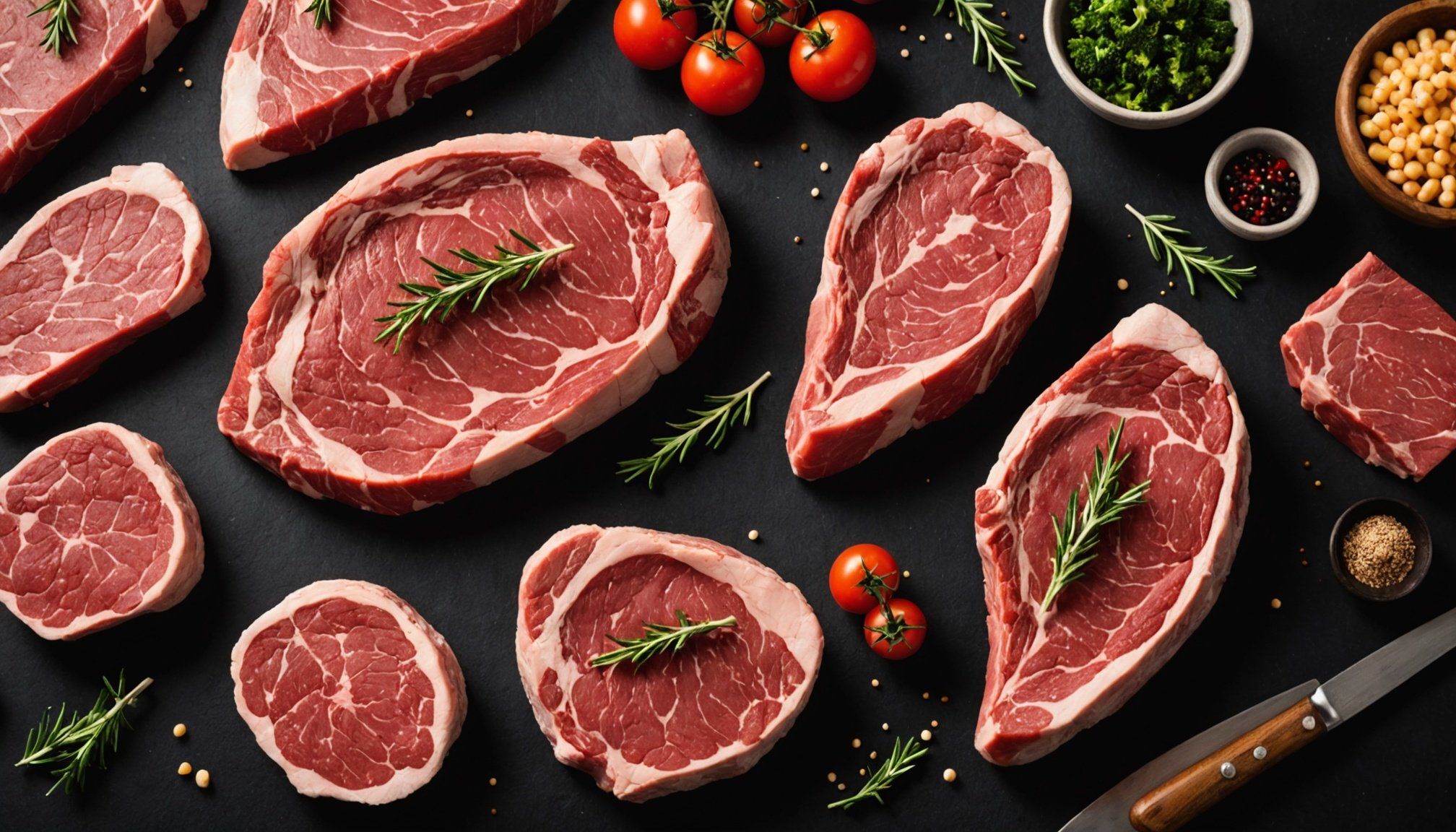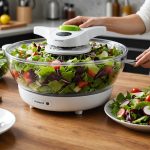Importance of Selecting the Right Premium Meat Supplier
Choosing the right premium meat supplier is crucial for any steakhouse aiming for exceptional quality. Excellent meat impacts not only customer satisfaction but also the overall dining experience. When customers experience steakhouse-quality meats, they feel gratified, and this sensation directly contributes to repeat business and positive word-of-mouth. Selecting a supplier adept at sourcing quality meat ensures that the dining experience remains consistent and memorable.
On the other hand, poor supplier choices can significantly harm a restaurant’s reputation. Inferior meat quality can lead to customer dissatisfaction, which might result in negative reviews—a phenomenon that any restaurant owner dreads. The reputational damage often translates into lost business opportunities.
Topic to read : Key considerations for designing a sustainable restaurant: a guide to eco-friendly spaces
Furthermore, the relationship between meat sourcing quality and a restaurant’s success cannot be understated. Suppliers who meet rigorous quality standards and deliver consistently create an environment where a restaurant can thrive. This thriving is not merely about maintaining regular clientele; it’s about elevating the brand’s status in the industry. A well-chosen premium meat supplier will ensure not only consistent meat excellence but also a strategic partner in achieving long-term business objectives.
Criteria for Evaluating Premium Meat Suppliers
Evaluating a premium meat supplier involves more than just assessing the product quality; it requires a comprehensive look at their operational practices. Ensuring that a supplier adheres to stringent quality standards is critical. Quality grading and certifications such as USDA Prime, Choice, or Select can serve as benchmarks for judging the available meats, providing a reliable indicator of steakhouse quality.
Also read : Essential equipment for creating an impressive dessert station in your restaurant
Quality Assessment Standards
Embarking on supplier evaluation necessitates a focus on quality assurance. Such assessments include a review of meat grading procedures and adherence to industry standards. These criteria ensure that sourcing quality meat aligns with the expectations of a discerning steakhouse clientele.
Sustainable Practices
Sustainability is essential when assessing suppliers. Ethical sourcing and animal welfare are not only beneficial for the environment but resonate well with consumers. Evaluating suppliers on their sustainable practices reflects a restaurant’s commitment to responsible operations.
Pricing Transparency
Another critical element in this evaluation is pricing transparency. Understanding a supplier’s pricing structure helps detect whether the costs justify the quality offered. This transparency is vital for maintaining trust and ensuring that the procurement aligns with the restaurant’s economic objectives.
Key Questions to Ask Potential Suppliers
Approaching a meat supplier interview with well-prepared inquiries is crucial. The right questions reveal insights into a supplier’s capability and commitment to maintaining steakhouse quality. Supplier inquiries should focus on procurement practices and product traceability. Asking about sourcing methods ensures that your steakhouse receives consistently high-quality meat. Suppliers should provide transparency about farming and processing conditions.
Regarding service levels, it’s critical to address order fulfillment reliability. Questions on lead times and delivery frequency help gauge operational efficiency. High reliability ensures your restaurant never faces unexpected shortages, which could impact customer satisfaction.
Understanding pricing structures is another vital area. Procurement questions should explore whether costs align with the quality promised. Clear pricing helps avoid surprises and aligns with financial forecasting.
Inquire about quality assurance processes. Knowing how a supplier maintains sourcing quality meat can prevent potential issues. Ask about certifications and compliance with industry standards. This comprehensive approach assures the supplier is a strategic partner committed to your success, preventing future supply chain headaches. Building this foundation enables a positive restaurant reputation and operational success.
Comparative Analysis of Leading Premium Meat Suppliers
Conducting a thorough supplier comparison helps steakhouses identify industry leaders and make informed decisions. Understanding the landscape through effective market analysis ensures alignment with business goals.
Overview of Top Suppliers
Various suppliers stand out due to their exceptional steakhouse quality offerings and commitment to sourcing quality meat. Their unique features and services differentiate them in a competitive market.
Pros and Cons of Each Supplier
When evaluating each supplier, consider their strengths and weaknesses. Some may excel in quality grading and certifications, while others might offer competitive pricing. Price, reliability, and consistency are pivotal factors influencing supplier selection. Assess these aspects to determine the best fit for your restaurant’s needs.
Customer Feedback and Case Studies
Exploring real-world examples and feedback provides valuable insights into successful supplier partnerships. Look for case studies from similar establishments that have benefited from alliances with certain premium meat suppliers. These stories can highlight practical experiences, helping you gauge potential collaboration benefits. Engaging with suppliers who have proven reliability ensures a sourcing quality meat path aligned with your steakhouse’s aspirations, ultimately enhancing customer satisfaction and dining experiences.
Best Practices for Ongoing Supplier Relationships
Establishing and maintaining a strong supplier relationship management strategy is vital for the long-term success of any steakhouse. Building effective long-term partnerships with suppliers requires consistent and open communication. A well-structured communication strategy ensures both parties are aligned and working towards shared objectives.
Engaging in regular dialogue and feedback loops with your premium meat supplier allows for swift resolution of any issues, maintaining the steakhouse quality customers expect. These interactions should focus on enhancing mutual understanding and trust, facilitating a more adaptable supply chain.
Implementing adaptive measures over time ensures that all sourcing quality meat practices remain at their peak standards. This includes monitoring emerging trends and pivoting strategies as necessary to stay competitive. Regular audits and performance evaluations can help both parties evaluate their contributions to the partnership, ensuring continuous improvement and alignment with evolving market demands.
Moreover, the value of periodic reviews cannot be overstated. It reinforces the commitment to quality standards, ensuring that both the supplier’s and restaurant’s practices reflect their shared values, supporting a sustainable and successful relationship.











